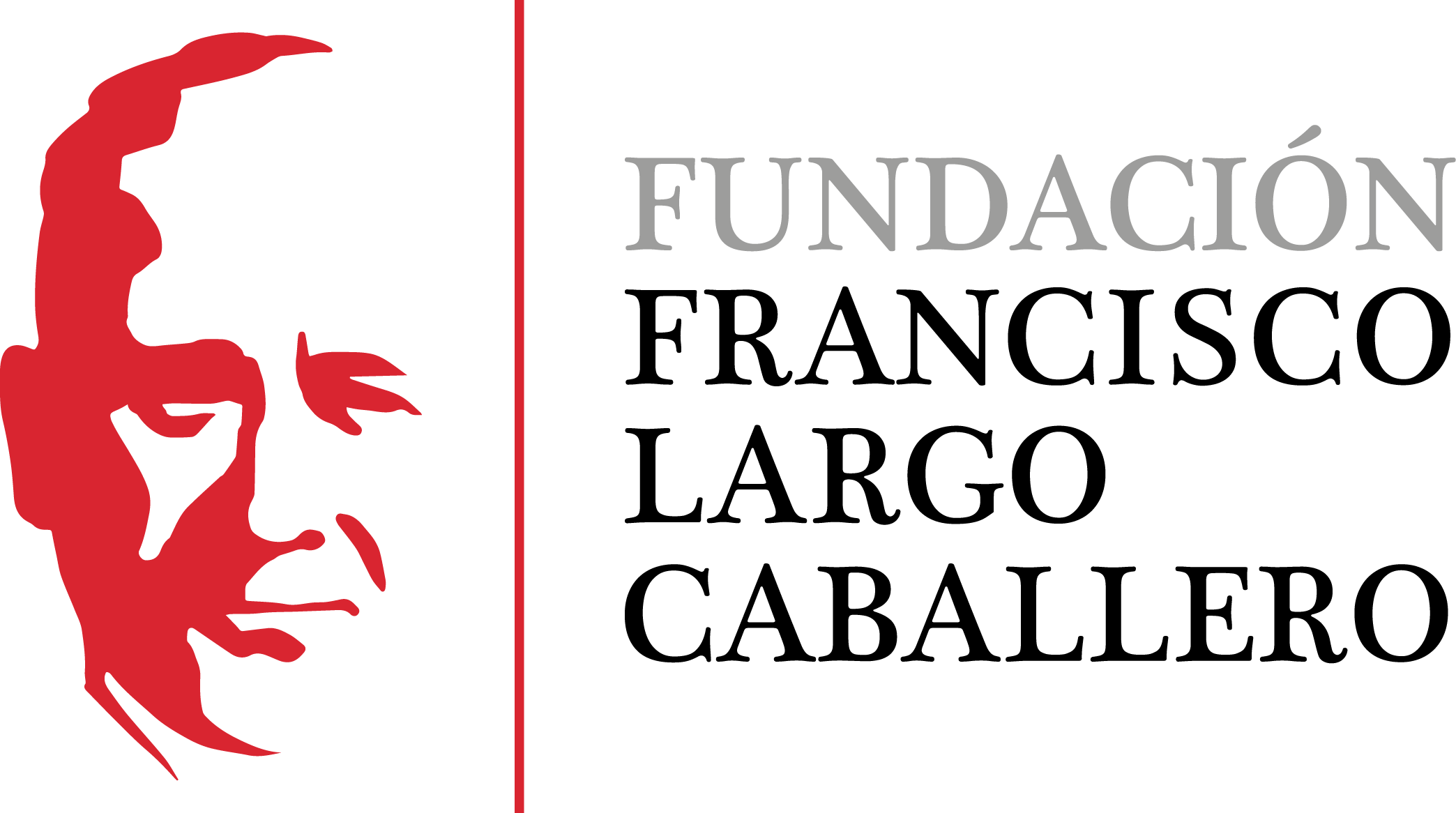An open conflict. Controversy and new perspectives about the War of Independence
DOI:
https://doi.org/10.69791/rahc.235Keywords:
War of Independence, revolution, liberalism, mother country, nation, freedom, independence, guerrilla, afrancesadosAbstract
The War of Independence in Spain marks the beginning of the end of the old regime and produces the start of the liberal revolution. This period of rupture also supposes a crisis for the colonial empire and the birth of new nations in Hispanic America. It was a conflict which had different aspects and many of its consequences affected the years to follow. Since its origin, it has been analysed from various perspectives and led to both political and historiographic controversy. This article addresses some of the most recent historiographic contributions, and was motivated by the commemoration of the second centenary. It focuses on four key aspects: the causes of the uprising; the role the war played in forming the modern Spanish nation; the revolutionary or counterrevolutionary character of the open political process in 1808; its aspects as a people’s war and the phenomenon of the guerrilla, and finally Bonaparte’s political project and the issue of the afrancesados and the cooperation of a sector of the society with the invader.
Downloads
Global Statistics ℹ️
|
78
Views
|
31
Downloads
|
|
109
Total
|
|
Downloads
Published
How to Cite
Issue
Section
License
Copyright (c) 2009 Francisco Carantoña Álvarez

This work is licensed under a Creative Commons Attribution 4.0 International License.
Alcores is an open-access journal. It provides unrestricted access to its content from the moment of publication. We respect intellectual property rights, and for this reason, the author retains the copyright. All content is distributed under a Creative Commons Attribution 4.0 International (CC BY 4.0) license. The terms of the license can be consulted at: https://creativecommons.org/licenses/by/4.0/
This license allows sharing (copying and redistributing the material in any medium or format) and adapting (remixing, transforming, and building upon the material for any purpose), provided that authorship and first publication in this journal are properly credited, a link to the license is included, and any changes made are indicated.
This type of license facilitates the freedom of reuse and ensures that the content of this journal can be used to meet research needs.









